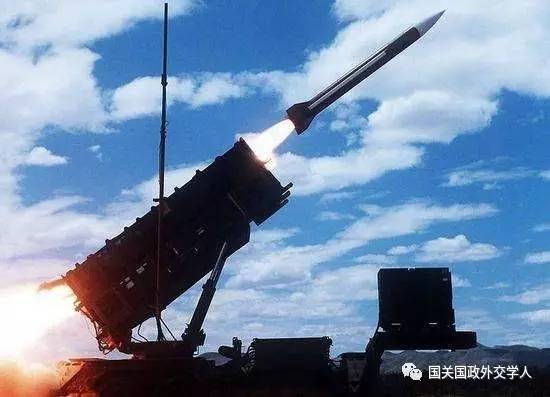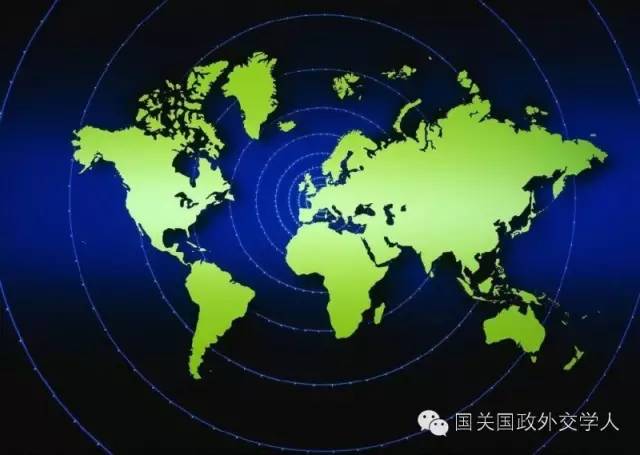
In response to North Korea's latest intercontinental ballistic missile (ICBM) test, South Korean President Moon Jae-in abruptly reversed his government's initial decision to make a thorough environment evaluation before deploying the US' THAAD anti-ballistic missile system and gave the green light to the tentative deployment of four additional THAAD launchers by US Forces Korea (USFK) in Seongju. The dramatic decision certainly disappointed China, which has been opposing THAAD deployment for a long time.

The decision may reveal two changes in Moon's thinking. The first change concerns inter-Korean relations. In the eras of Lee Myung-bak and Park Geun-hye, South Korea had been locked in a head-on confrontation with North Korea thanks to North Korea's repeated nuclear and missile tests.
Moon wanted to change course. He made it clear that he was willing to improve inter-Korean relations before assuming his presidency.
After winning the presidential election, Moon tried to deliver on his promises by reaching out to North Korea. He called to lift the ban on humanitarian assistance to North Korea and publicly invited North Korea to take part in the PyeongChang Winter Olympic Games next year.
In the wake of North Korea's ICBM test in early July, Moon still pressed ahead with his rapprochement campaign. He gave a high-profile speech in Berlin on July 6, announcing, "My Government will consistently pursue nonpolitical exchange and cooperation projects by separating them from the political and military situation."
He even entertained the idea that he was willing to meet with North Korean leader Kim Jong-un under the right circumstances. As a follow-up to the Berlin Speech, the South Korean government made concrete proposals to its north counterpart to hold military-to-military and Red Cross talks.
Unfortunately, Moon and his government's calls fell on deaf ears.
The North Korean government has remained silent, thus effectively turning down the olive branch extended by Moon. The decision to allow a full deployment of THAAD demonstrates Moon's frustration with North Korea's stubborn passivism and escalated provocation and signals a turnaround in his reconciliatory approach in dealing with North Korea.
The second change relates to the recent tense interactions between South Korea, the US and China. China has opposed THAAD deployment for a long time on the grounds that the deployment would cause strategic instability in Northeast Asia and pose a direct threat to China's own national security. Last year, South Korea and the US ignored China's opposition and partially deployed the THAAD system in South Korea. China took countermeasures and Sino-South Korean relations thus quickly soured.
Moon inherited this hot potato. He ordered a suspension of the remaining four launchers' deployment and a thorough THAAD-related environment assessment, which could take more than a year to complete. Moon did so in an effort to mend fences with China, which adopted a cautious "wait-and-see" attitude, but irked the US, which wanted a full deployment as early as possible. Moon's attempt to walk this tightrope has not gone well, and North Korea's latest ICBM test disrupted his plan.
Moon's intention to hedge his bets pleased neither China nor the US. Moon has now abandoned his tactics and ordered a full deployment of the THAAD. The change clearly shows that Moon wants to end the ongoing dispute over THAAD and has caved in to pressure from the US.
The decision may also indicate that Moon and the Trump administration may have forged some consensus on a new shared approach to dealing with North Korea's nuclear and missile threat as it is only under such circumstances that Moon and his associates would be willing to change their position on the THAAD issue and give up their initial efforts to repair relations with China.
Without a doubt, Moon's abrupt reversal of his THAAD policy will ameliorate South Korea's relations with Washington, but will not benefit Sino-South Korean relations. China will not swallow this bitter pill. It is sure to take further action to express disappointment and strike a new balance of strategic stability in the near future. The THAAD drama is not over yet, and is sure to continue to haunt Sino-South Korean relations and complicate the international community's efforts to cope with security challenges in Northeast Asia.
(The author is associate professor at the School of International Studies, deputy director of Center for China's International Strategic Studies, Renmin University of China, and senior researcher with Pangoal Institute. )
本文为作者个人观点,不代表国关国政外交学人平台观点
文章来源:globaltimes;国关国政外交学人微信公众号平台编辑
